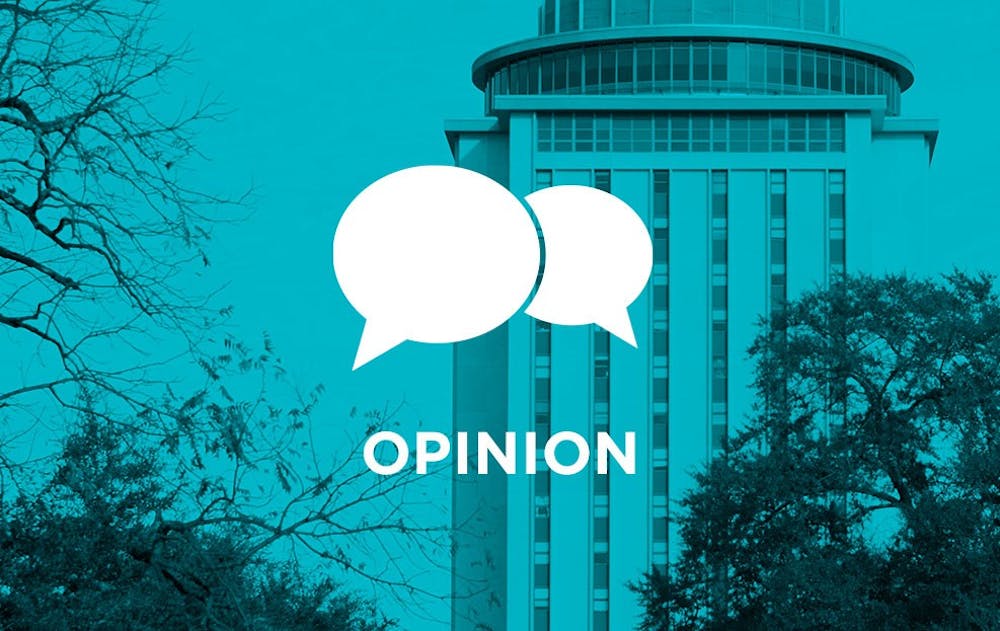To this day, there are only seven states in America that have laws prohibiting the promotion of homosexuality in a classroom setting. South Carolina is one of them. While commonly referred to as "No Promo Homo" laws, these codes usually allude to the LGBTQ+ community as a whole, or as the state government calls them, “alternate sexual lifestyles.”
According to code 59-32-30 under South Carolina Law of Education, curriculum “may not include a discussion of alternate sexual lifestyles from heterosexual relationships including, but not limited to, homosexual relationships except in the context of instruction concerning sexually transmitted diseases.” Not only is this law outdated, but it creates a learning environment that stigmatizes and erases LGBTQ+ relationships and perpetuates homophobic ideas.
It is not surprising that South Carolina — a state that does not have laws that protect or acknowledge the LGBTQ+ population when it comes to hate crimes, school bullying or educational discrimination — would have a law that deletes the existence of LGBTQ+ relationships. Because of the lack of governmental protection from the state, queer students have no way of speaking out against the blatant erasure due to the lack of educational exposure. Teachers can then use this as an unspoken way of reinforcing that any non-heterosexual sex is “dirty” or “something one shouldn’t talk about.”
Not talking about it is the exact thing that “traditional family” groups want. They argue that schools discussing alternative sexual lifestyles goes against the familial right of raising their child the way they want to. However, with the legalization of same-sex marriage across the U.S. and the ever-growing push for same-sex adoption, the “familial right” of American families is becoming a fundamentally blurred argument. As these “non-traditional” and conventional families become synonymous, it is crucial that these parents and their children also get represented in public education.
The South Carolinian school system acts to perpetuate the hyper-sexualization of the LGBTQ+ population, making it unclear to students that there can be queer relationships that are more than just sex. Because schools are only allowed to discuss homosexuality in association with sexually transmitted diseases, students are only — if at all — taught about the dangers of LGBTQ+ relations in a way that stigmatizes the entire community.
This harmful implication is something that has been kept alive since the creation of the law in 1988. Made during the HIV/AIDS epidemic, this law reflects a deep-rooted fear the government had when it came to homosexual relations and sexually transmitted diseases. That being said, due to the ever-growing research that proves HIV/AIDS can affect anyone, this basis for the law can therefore be debunked, and is no longer valid.
In fact, this law is detrimental in a multitude of ways. Studies show that states with No Promo Homo laws prolong homophobia and homophobic acts. In South Carolina alone, 58 percent of queer students feel “unsafe at school,” while 54 percent feel discriminated against because of their sexuality. Nationally, states with these laws are less likely to have supportive LGBTQ+ education and health services.
Additionally, because of the immense progress the LGBTQ+ community has undergone in the past decade, many people believe that the fight for equality is no longer needed. However, the road for acceptance is not over. From state laws that condemn the “promotion” of homosexual relations to national bathroom debates, the abolition of No Promo Homo laws are crucial to the health and welfare of queer youth.

